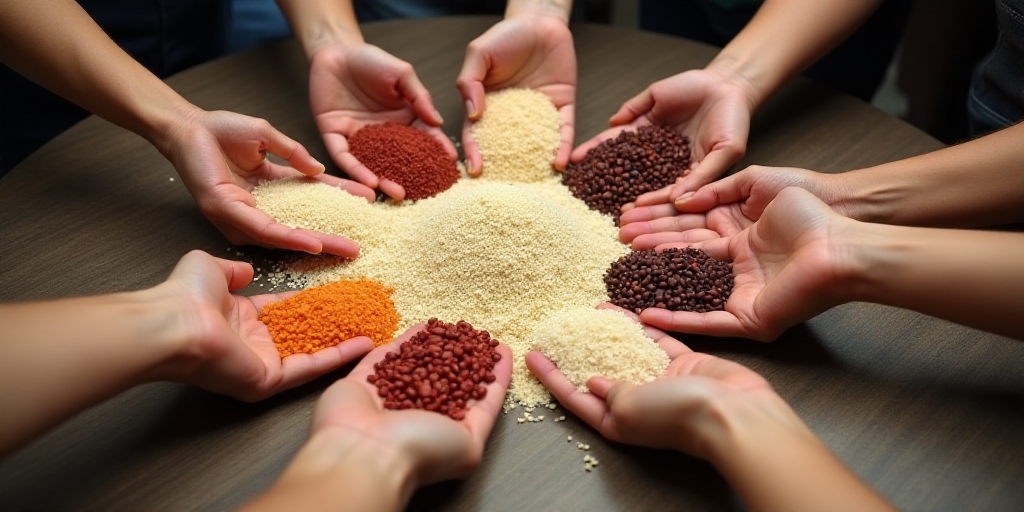Background on Food Insecurity and the UN’s Sustainable Development Goals
The eradication of hunger by 2030 was a significant pledge made by the United Nations’ Sustainable Development Goals (SDGs). However, five years post-pandemic and amidst armed conflicts and climate crises, the current situation is alarming. Access to sufficient food remains out of reach for billions of people, making the “Hunger Zero” goal increasingly distant.
FAO’s Latest Report Reveals Alarming Figures
The Food and Agriculture Organization (FAO) released a report on July 28, revealing that 2.3 billion people worldwide suffer from moderate or severe food insecurity, meaning they lack guaranteed access to a nutritious diet. This figure represents 28% of the global population, an increase of three percentage points since before the pandemic, indicating minimal progress towards the Hunger Zero goal.
The Current State of Food Insecurity
According to the report, 670 million people experienced hunger in 2024, a mere 20 million less than in 2022. The gravity of the situation lies not only in quantity but also in the quality of nutrition.
Impact and Responsibility
The consequences are clear: food insecurity is a matter of both quantity and nutritional quality. This issue extends beyond governments and international organizations; the food industry, from producers to restaurants, plays a crucial role in reducing waste, ensuring fair trade, and protecting biodiversity.
Key Questions and Answers
- What is the current state of global food insecurity? According to the FAO, 2.3 billion people worldwide face moderate or severe food insecurity, representing 28% of the global population.
- How has food insecurity changed since before the pandemic? The percentage of people facing moderate or severe food insecurity has increased by three points since before the pandemic.
- What are the consequences of current food insecurity? The issue not only affects the quantity of available food but also its nutritional quality, impacting 670 million people in 2024.
- Who is responsible for addressing food insecurity? Governments, international organizations, and the food industry—including producers and restaurants—all have roles to play in reducing waste, ensuring fair trade, and protecting biodiversity.






